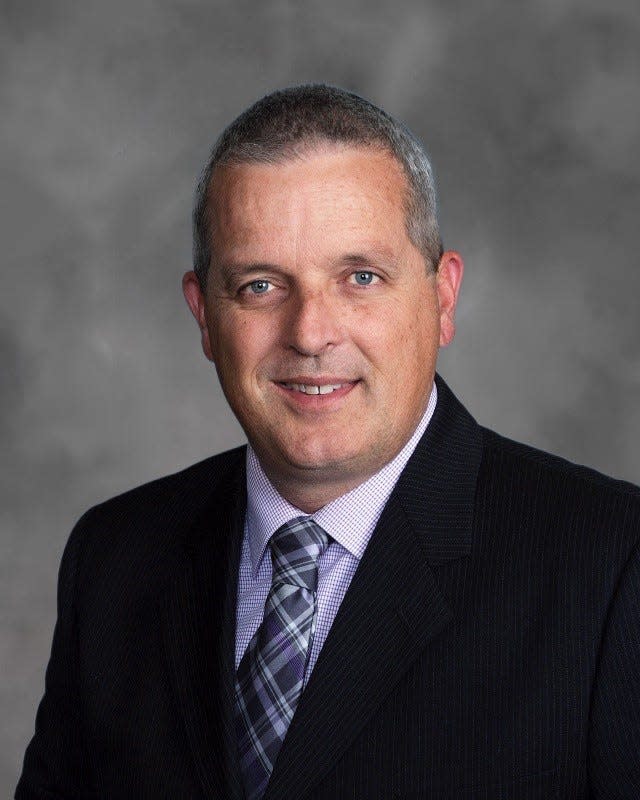Private schools contend OSSAA treats them unfairly, but private and public students aren't the same
The Oklahoma Secondary School Activities Association (OSSAA) and its board recently were required to develop a response to an injunction set in place by a judge. This response was made necessary due to a lawsuit filed by Bishop McGuinness, Mount Saint Mary, Heritage Hall, Crossings Christian and Oklahoma Christian Schools.
The purpose of the lawsuit was the five private schools' contention they are being treated unfairly. The injunction, while not a final ruling and also something that could still be appealed to a higher court, for now, is the standard the OSSAA is trying to meet.
More: Judge voids amendments to OSSAA's private school rule: What to know about Rule 14
At the heart of this debate is students. Students who compete in athletics like football, basketball and baseball. While these are typically the things most of this debate is focused on, the reality is the OSSAA also oversees activities like cheerleading, band and debate. In every postseason competition, athletic or activity, students from private schools and students from public schools compete against one another by being grouped based on their enrollment totals.
The first step the OSSAA takes to create fairness in competition is to make these class groupings. The groupings make it so small enrollment schools are not pitted against schools with a much larger enrollment. Some use this grouping to contend a public school with 320 students asked to compete against a private school with 300 students is fair since their enrollment is similar. I strongly disagree.
Public schools are required by law to enroll all students who live in their district and seek enrollment. Private schools take applications and say no to any student they don’t want. This “filtering” out of students by private schools is the essential point public schools are convinced creates unfairness in opportunity to succeed. In fact, private schools market being exclusive. So at the end of the day, all the students private schools refuse to enroll for whatever reason must be enrolled by the public schools. Clearly, even if public and private schools have similar enrollment, the makeup of those student totals are purposely different.
As a public school advocate, I have found it interesting some private schools' chief complaint is a lack of fairness for how they are being treated. Fairness is the exact standard public schools are seeking. If private schools want to be treated in the same manner as public schools, there are several things they could agree to which would create more fairness immediately.
For now, let’s focus on two. First, private schools can commit to no longer denying enrollment to any student who lives in their district who seeks to enroll. Second, private schools can commit to having their student attendance being monitored and tracked by the Oklahoma State Department of Education. If OSSAA member private schools will agree to these two commitments, there might be a bridge that can be built between the growing chasm between public and private member OSSAA schools.
Last fall, a supermajority (85%) of the OSSAA membership approved a plan that would lead to competitive fairness. Fairness would be accomplished, moving forward, during all postseason competitions because the OSSAA would divide private schools and public schools into separate groupings. The immediate outcome would be more private school students and more public school students with a legitimate opportunity for success.
How can having an increased chance for success for all kids, public and private, be a bad thing?
More: OSSAA board meets on Rule 14: What's next after private-school court ruling?
If a plan to separate in the postseason isn’t established, then maybe private schools will prove their want of fairness by agreeing to the two commitments referenced earlier. If private schools won’t support either, then I fear public schools will begin to seek other options for their students. If this occurs, the OSSAA will not survive, and that would not be good for either side.

Corey Holland is superintendent of Marlow Public Schools.
This article originally appeared on Oklahoman: OSSAA unfair? Public school, private school students not the same

